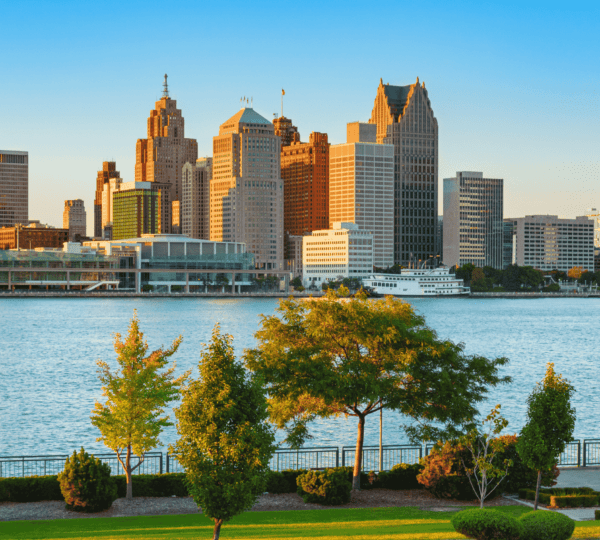
Discovering the Dark Tourism of Detroit
Detroit, Michigan – While Detroit is often associated with its troubled past, the city is also experiencing a renaissance, with a growing interest in its dark tourism attractions. From abandoned factories and historic cemeteries to museums dedicated to the city’s industrial heritage, Detroit offers a unique and thought-provoking travel experience.
Visitors can explore the ruins of the Packard Plant, once one of the world’s largest automobile factories, or take a tour of Belle Isle, a historic island park with a variety of attractions. For those interested in history and social justice, the Detroit Historical Museum and the Rosa Parks Museum provide insights into the city’s past and present.
Canada’s New Edible Insects Industry
Toronto, Ontario – A wave of culinary innovation is sweeping across Canada as the edible insects industry gains momentum. Driven by sustainability concerns and a desire for unique food experiences, Canadian entrepreneurs are pioneering the use of insects in a variety of dishes. From cricket flour-based pasta to mealworm-infused energy bars, these innovative products are offering consumers a taste of the future.
While the concept may seem unconventional, edible insects are a highly nutritious source of protein, essential fatty acids, and vitamins. Additionally, they have a significantly lower environmental footprint compared to traditional livestock. As Canadian consumers become more open-minded about alternative food sources, the edible insects industry is poised for significant growth.
Vancouver, British Columbia –
A movement is gaining momentum in Canada to reclaim and celebrate Indigenous food traditions. Indigenous communities are working to revitalize their traditional food systems, promoting food sovereignty and preserving cultural heritage. Through initiatives such as community gardens, farmers’ markets, and culinary workshops, Indigenous people are sharing their knowledge and promoting the consumption of traditional foods like wild rice, salmon, and maple syrup.
This movement is not only about food but also about reclaiming cultural identity and combating food insecurity. By supporting Indigenous food businesses and consuming traditional foods, Canadians can contribute to a more just and sustainable food system.










